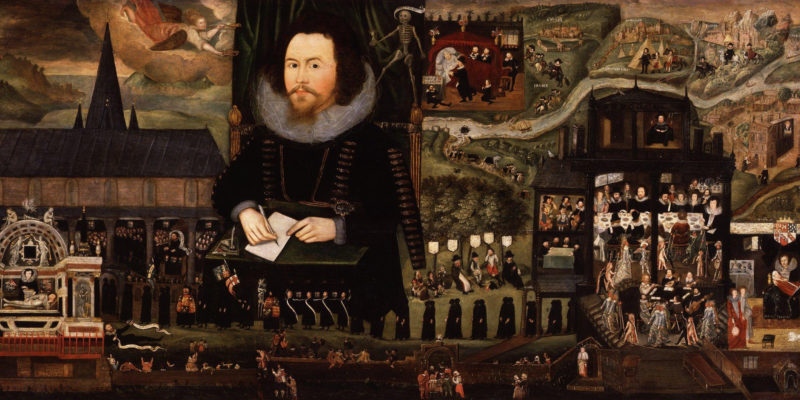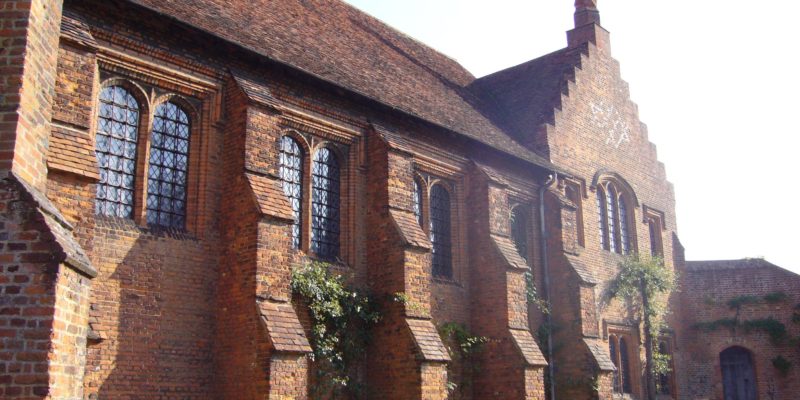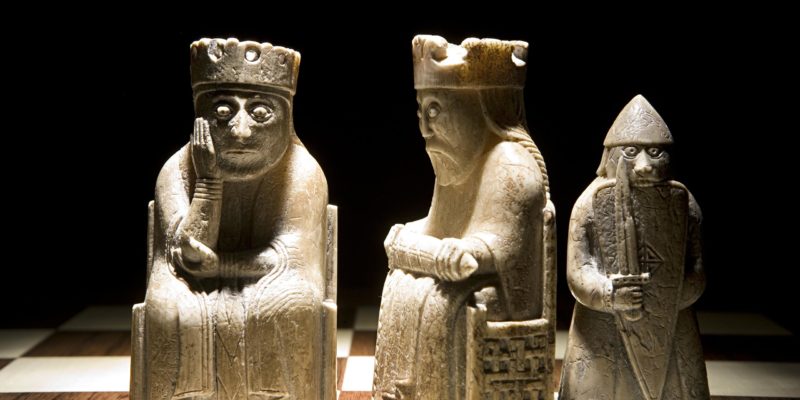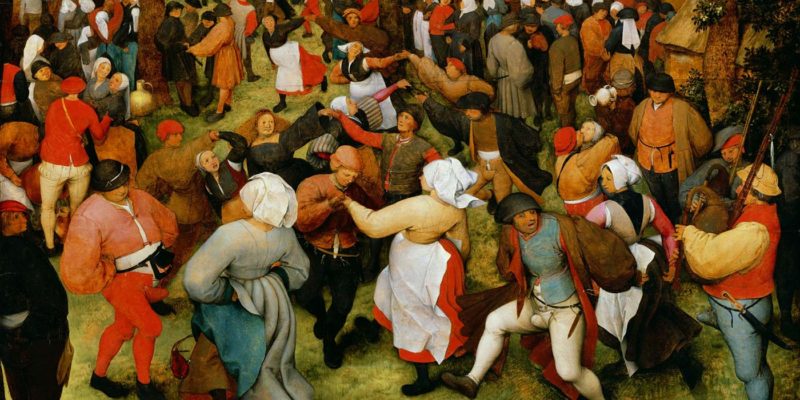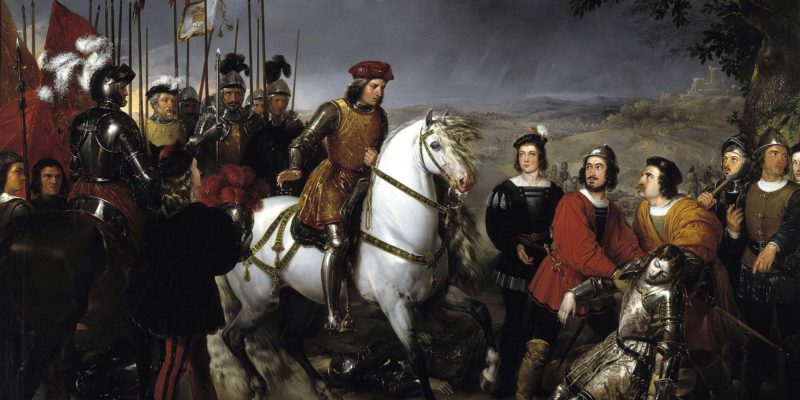Tudor Times is the online repository for all things Tudor and Stewart (1485–1625)
PERSON OF THE MONTH
Katherine Parr
Queen of England from 1543 until 1547, the last of the six wives of King Henry VIII.
View featureFeatured

Researching Amsterdam in the Dutch Golden Age
The Dutch Republic was very different from England during Queen Elizabeth and King James’ reigns. In this Guest Article, Karen Haden, author of the Alexander Baxby series, describes her experience of researching Amsterdam during the Dutch Golden Age of the early seventeenth century.
Read article- James VI and I: the Man Behind the Myth by Steven Veerapen in Guest Articles
- Gloriana's Bloody Age: Massacre and Misrule in Elizabethan Ireland in Guest Articles
- The Four Martyn Sisters of Athelhampton: Tragedy and Wealth in Tudor Dorsetshire in Guest Articles
- Leopards and 'Little John' - the Elizabethan Priest-hole Maker in Guest Articles
New Non-fiction Books
New Fiction Books
What's on
Tudor Times Shop
Modern journal with Tudor garden information
View Now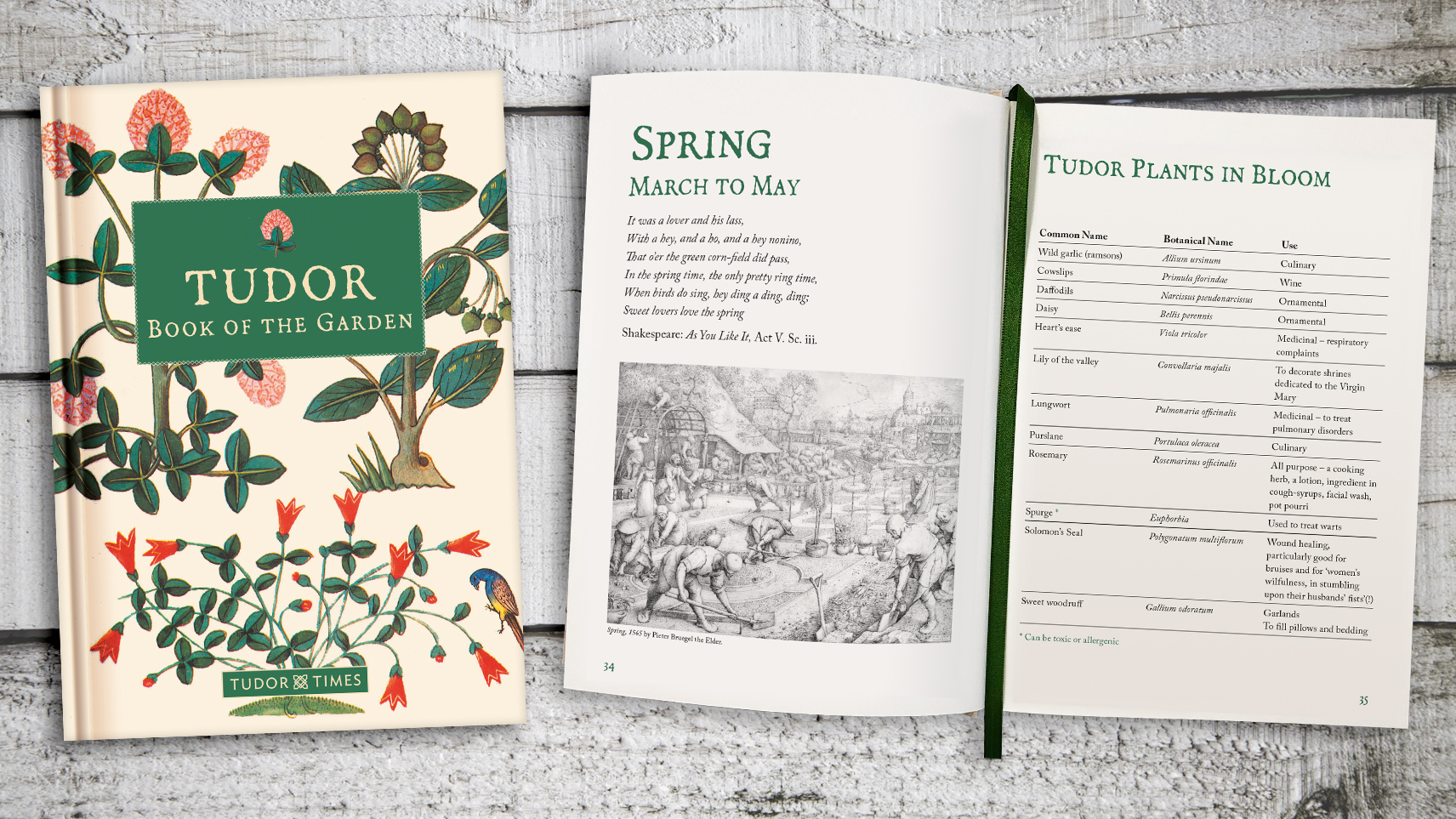
Get regular updates
Register your details to get regular updates

